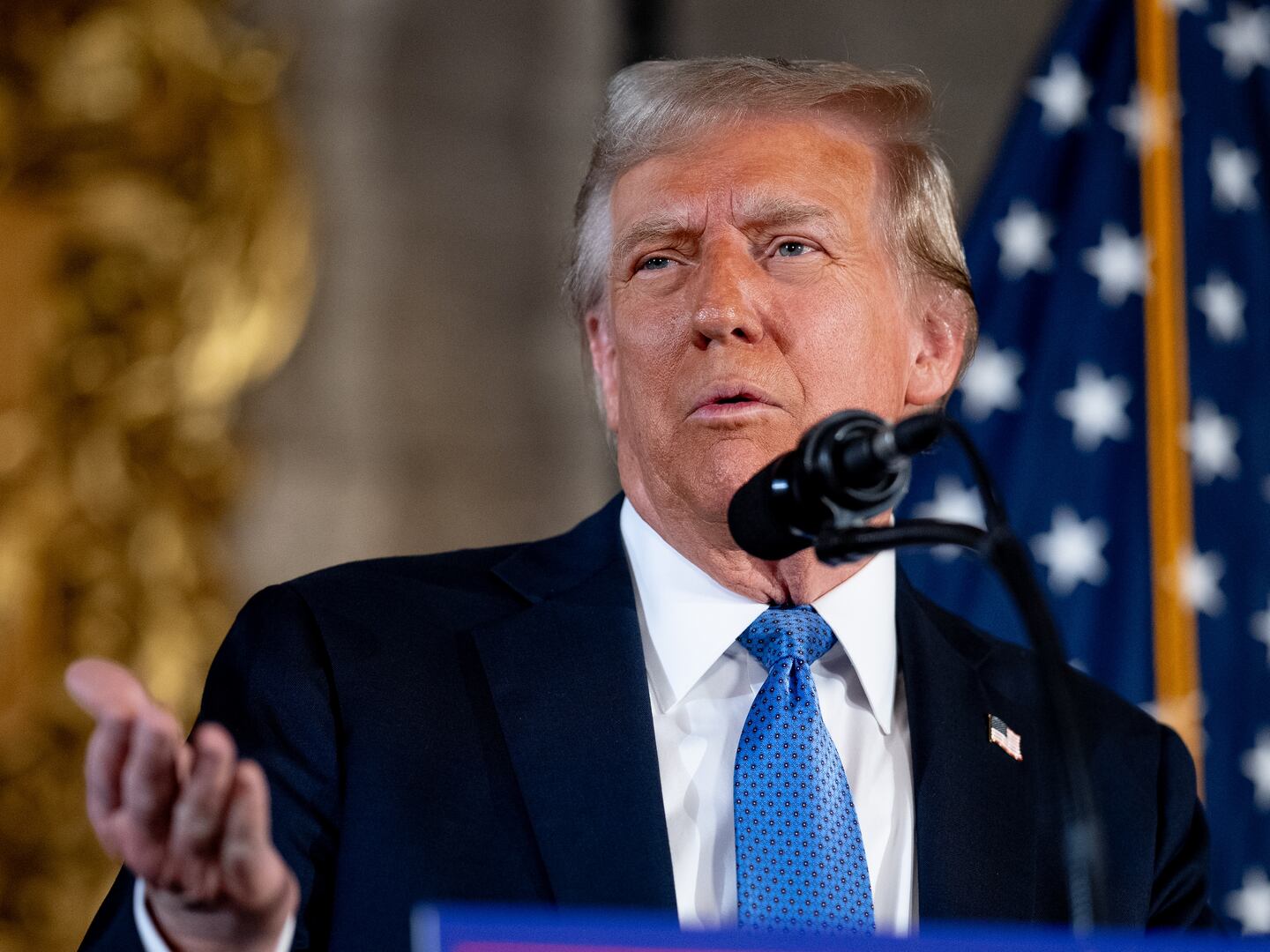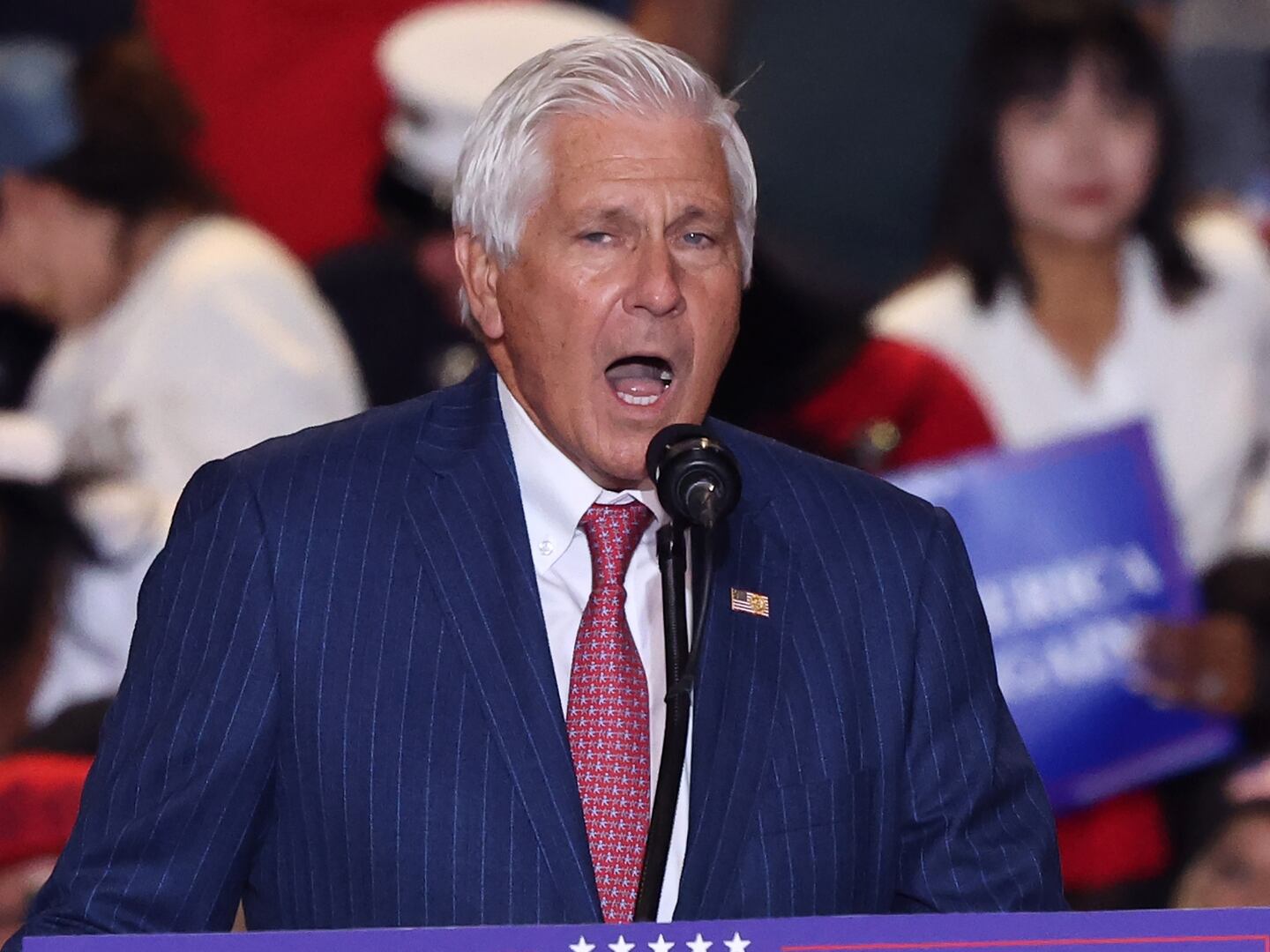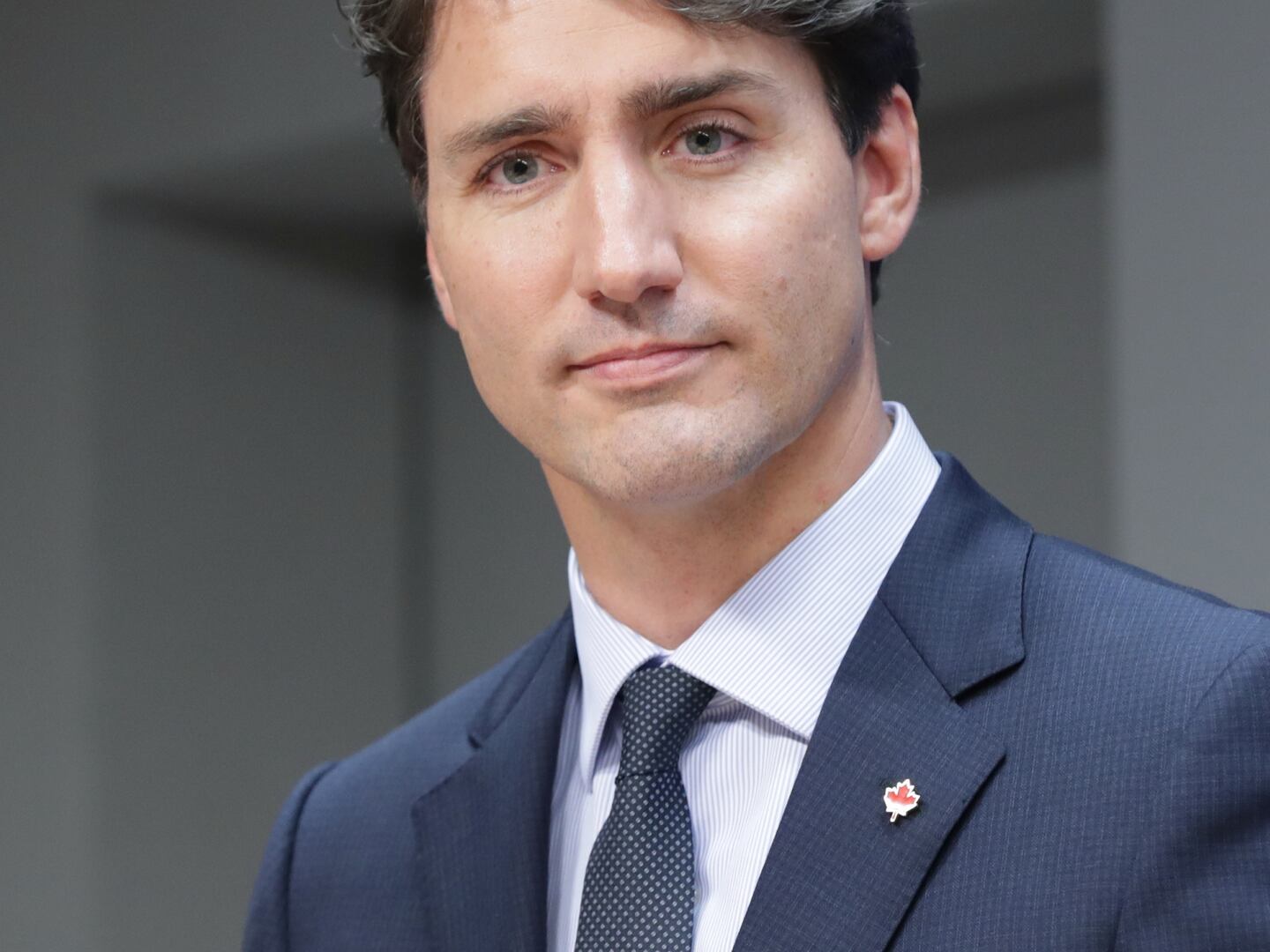Politics
Photo Illustration by Elizabeth Brockway/The Daily Beast
Donald Trump May Only Be the Beginning of the Era of Celebrity Politicians
‘Not sufficient’
Celebrity candidates are ‘inviting voters to express an attitude rather than choose a qualified public servant.’
opinion

Trending Now





